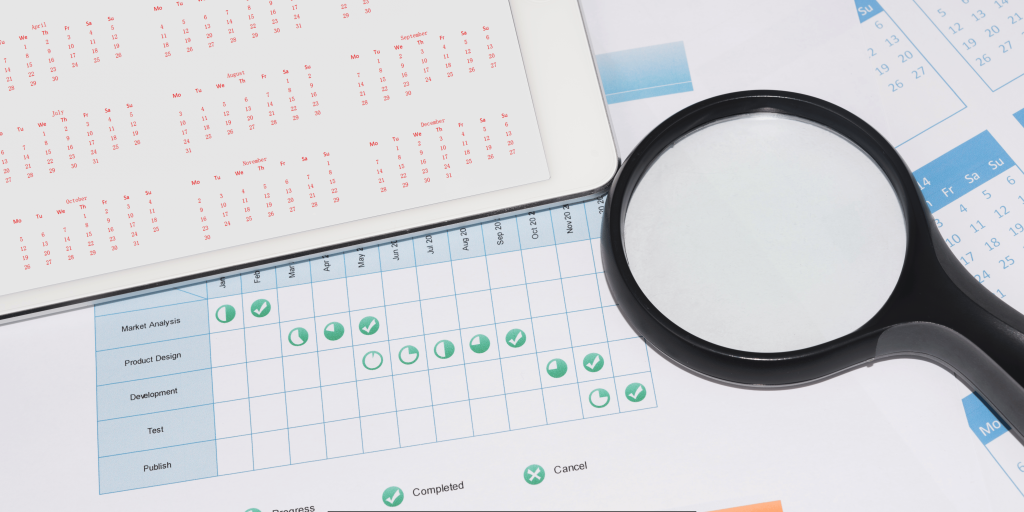
Docketing Software? Docketing System Comprehension
Docketing Software: An Overview
Organizations from legal fields utilize calendar tools to handle deadlines and tasks crucial for legal work. A docket sheet is vital for meetings and time-sensitive matters, including filing deadlines, court appearances, and other actions. Docketing software has features that allow organizing and handling the important dates appropriately.
Evaluating the functionality of Docketing Software Key Capabilities
Tracking schedules and deadlines is a prominent feature of this software.
Any docketing system exists to assist in tracking crucial dates, including trial dates, due dates for the statutes of limitations, and any other necessary dates. Software calendars help to view things to come and filter events by date, matter, lawyer, client, and more. Users can set up various alerts and notifications to remind them of upcoming deadlines.

Workflow Automation
Most docketing systems have features that assist in calendar events, setting reminders, or acknowledging due dates. Applications, such as date calculators and mail processing with optical character recognition (OCR), extract dates from documents and schedule them. This helps paralegals and clerks a lot of time.
Dashboards and Reporting
Advanced reporting capability enables firms to perform analytical work on the trends emerging from the docket records, to identify possible problems, and to get insights from the data. Corporate mobile apps offer constant updates about future vital dates, deadlines approaching, tasks due, and metrics. Kinetics, for example, include reports that track timeliness and workload distribution, client matters, and so on.
Integration Capabilities
This means that integrating the software with other systems, such as document management systems, accounting systems, and email, decreases the time taken to perform a particular task. Every two integrated applications share and exchange information and, thus, do not require consolidation of the same information in different applications. Another great feature of Open API is that it can be integrated according to the client’s settings.
Matter Management
Sophisticated docketing software systems put out additional tools for matter and case management such as conflict check, folders, consolidated matter details, and attorney/staff allocations. This gives docket events meaning and framework to follow.
Mobility and Accessibility
Docketing Software implemented through cloud-based solution is accessed through web browsers on desktop and mobile applications. Lawyers can sync calendars, set alerts or change events with home, court, client appointments or any place other than work. Offline accessibility via mobile also helps in continuity whenever on internet is unavailable.
Vital Advantages of Docketing Software
Increased Efficiency
Organized calendar systems, personalized date management, work flow apparatuses and connections significantly decreased the time spent using calendars for legal incidents. This means that while caseloads increase there is no commensurate increase in staff which helps firms manage their loads.

Enhanced Risk Mitigation
Docketing software helps to eliminate the dangers of lost deadlines or cases dismissed on some technicality or a procedural technicality of a state of limitations because using docketing software, essential due dates concerning all matters are centrally managed. They also provide advanced warning on how to correct potential issues.
Improved Insights
The features enable enhanced docket reporting and analyses that were not possible before to understand the case management workload distribution, time, aging analysis and many other trends. This helps with decision-making with resources, cases, and time.
Higher Scalability
Cloud docketing software provides high leverage in the availability of docketing space, processing power and number of users depending on the firm needs. Businesses do not want to bear the high fixed cost of acquiring the license to utilize a physical infrastructure inside the organization based on their current requirements.
Key Purchasing Considerations
- Synchronization Requirements – In what other systems does the docketing software synchronize with? How much the API is open and/or extendable for individual uses?
- Matter Management – Is additional opposite matter profiles, folders structures, and attorney/staff assignments included?
- Mobility – Are calendars, deadline, other docket data accessible via both online and offline mobile devices?
- Flexibility – Can administrators decide how to count down the days to the due date, what sort of calendar to use, what type of form to capture data/fields, or if they want to be reminded of deadlines?
- What actions does the vendor implement to support customers during their orientation?
- Help Desk – Is the vendor’s help available through phone, email, chat, online tutorials or other easily accessible post sale support?
- Costs – And all besides the basic per user scheme, such as additional fees for support, training, setting up customizations or integrating the program with other applications and software.
Docketing solutions offer now robust tools for calendaring, time-line tracking, and instrumenting business logic into a sophisticated workflow, real-time analytics, and more, and that makes docketing a strategic productivity platform for law firms of any scale and for any legal organization looking to get more out of its daily work. Identifying the characteristics of the software namely reporting, integration, mobility, configurability and user friendliness, a business can meet the current and future needs. Strategic docketing systems for investments improve operation, reduced risks, data driven and scalability.

